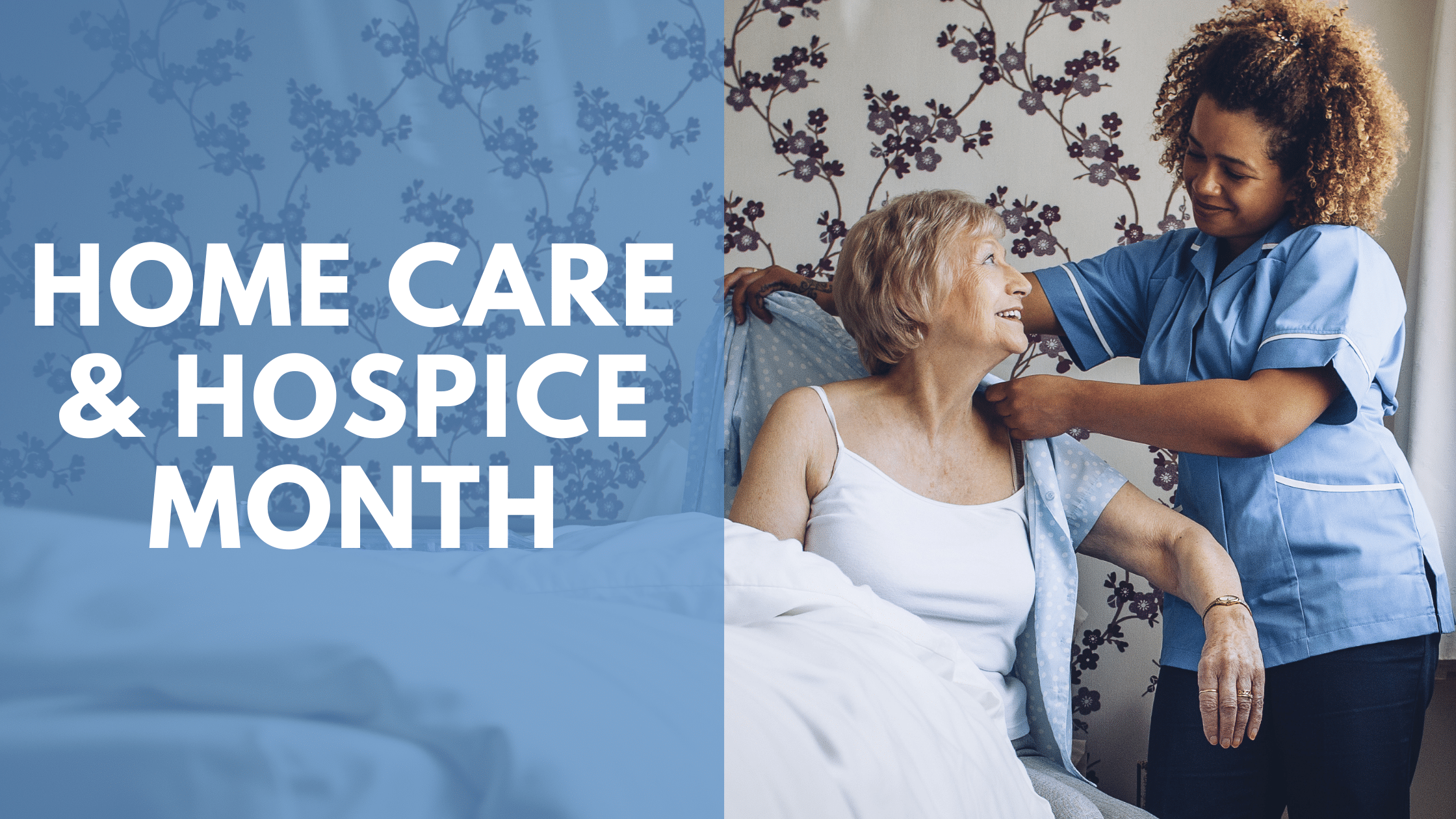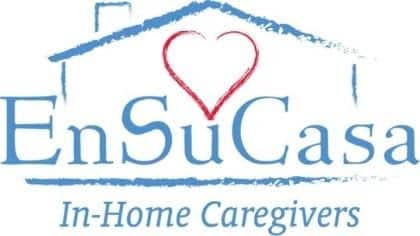
12 Nov 2021 Home Care & Hospice Month
Every November, we formally recognize the dedicated home care and hospice professionals who provide invaluable care. These services are crucial in helping individuals maintain independence and receive specialized care in the comfort of their own homes.
From assistance with activities of daily living to providing companionship, caregivers perform a wide range of tasks to ensure clients are safe, healthy and fulfilled. Compassion and strong work ethic are equally essential. Ultimately, caregivers try to improve the quality of life for the clients they serve and help them live every day to the fullest.
En Su Casa believes in providing home care services based on our core values of integrity, trust and compassion. We are proud members of the home care community and support the mission to provide outstanding caregiver services.
Join us in celebrating November as Home Care and Hospice Month and recognizing the important roles that caregivers play in our community all month long!
Interesting Facts:
- 90% of Americans want to age in place, and home care is the preferred method of health care delivery among the disabled, elderly, and chronically ill.
- Home care provides high-quality, compassionate care to more than 5 million Americans annually.
- Most of those receiving home care in the U.S. are over 65 years old, with approximately 97% requiring assistance with bathing and 91% requiring assistance transferring in and out of bed.
- The majority of caregivers (82%) care for one other adult, while 15% care for 2 adults, and 3% for 3 or more adults.
- About 15.7 million adult family caregivers care for someone who has Alzheimer’s disease or other dementia.
- The value of services provided by informal caregivers has steadily increased over the last decade, with an estimated economic value of $470 billion in 2013, up from $450 billion in 2009 and $375 billion in 2007.
- Studies indicate that 36% of female caregivers handle the most difficult caregiving tasks (i.e., bathing, toileting, and dressing) when compared with 24% for their male counterparts, who are more likely to help with finances, arrangement of care, and other less burdensome tasks.
Sources: National Association for Home Care & Hospice, Statista, and Family Caregiver Alliance


